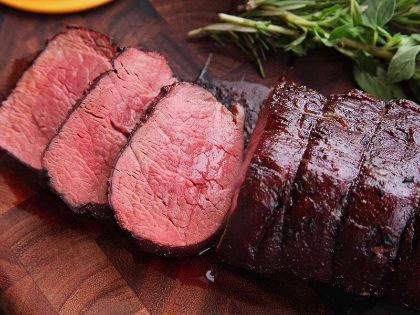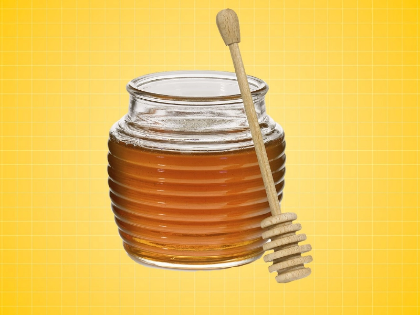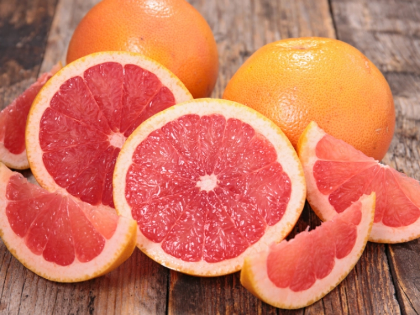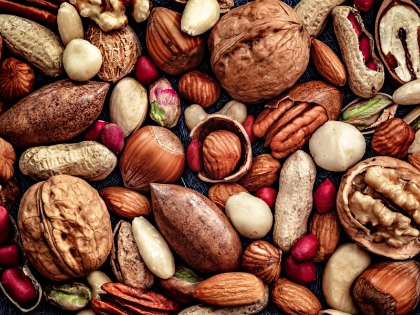How Vitamin E Supports Liver Health and Function
1. Understanding E vitamin for Maintaining general health depends critically on the fat-soluble antioxidant vitamin E. It appears in numerous forms; in humans, alpha-tocopherol is the most physiologically active. Vitamin E is a strong antioxidant that shields cells against oxidative stress and damage brought on by free radicals. Given its many crucial roles—detoxification, metabolism, and nutrient storage—the liver especially depends on this protective function.
2. Function of the Liver Essential for many metabolic activities, the liver is among the biggest organs in the body. It controls blood sugar levels, creates bile for digestion, and cleans toxins. Considering its important roles, general well-being depends on keeping liver health. Poor food, too much alcohol, and environmental pollutants can all damage liver performance; thus, it is imperative to support this organ with appropriate nutrition, including enough vitamin E intake.
3. Antioxidant Protection Vitamin E's antioxidant qualities are one of the main ways it improves liver function. Constantly bombarded with pollutants and free radicals, the liver might develop oxidative stress and inflammation. Vitamin E lessens oxidative damage to liver cells by helping to neutralize these dangerous molecules. Through shielding the liver from oxidative stress, vitamin E can help avoid disorders such as liver cirrhosis and fatty liver disease.
4. Controlling Inflammation One major risk element for liver disease is chronic inflammation. For those with liver diseases, vitamin E's anti-inflammatory qualities could be quite helpful. Studies show that vitamin E supplements might lower liver inflammatory markers, thus helping to ease symptoms and increase liver performance. Through reducing inflammation, vitamin E helps the liver to repair and renew.
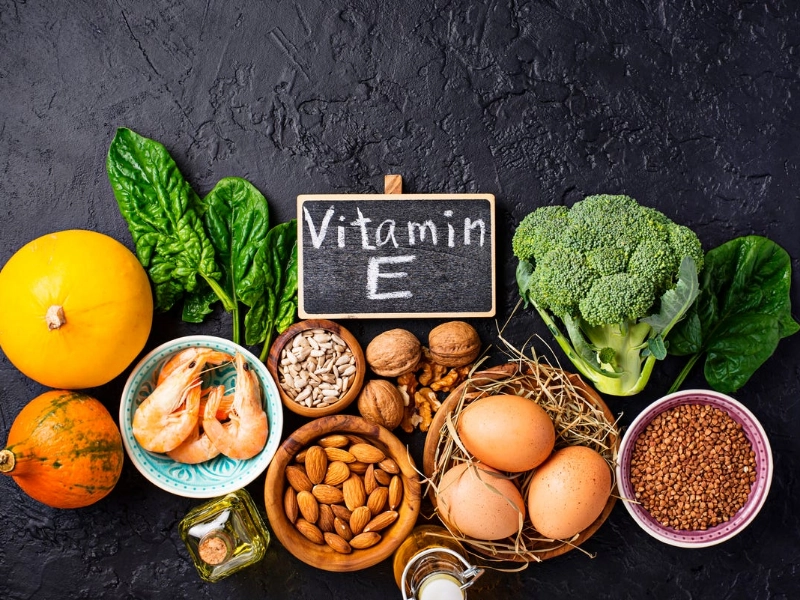
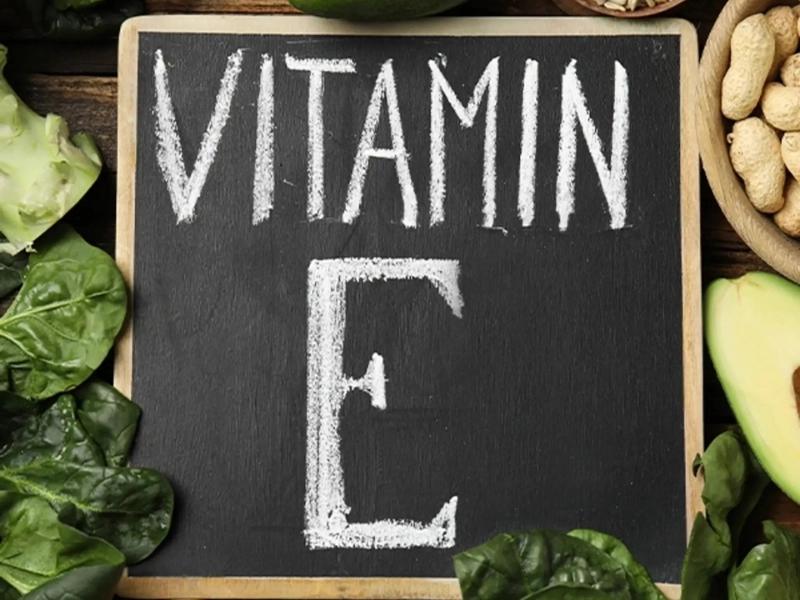 7. Vitamin E's sources Including foods high in vitamin E will help to maintain liver health. Excellent sources of vitamin E include almonds and hazelnuts, seeds including sunflower seeds, vegetable oils including sunflower and olive oil, spinach, and avocados. Including a range of these items in your meals will help guarantee enough vitamin E intake, supporting liver function and general well-being.
7. Vitamin E's sources Including foods high in vitamin E will help to maintain liver health. Excellent sources of vitamin E include almonds and hazelnuts, seeds including sunflower seeds, vegetable oils including sunflower and olive oil, spinach, and avocados. Including a range of these items in your meals will help guarantee enough vitamin E intake, supporting liver function and general well-being.
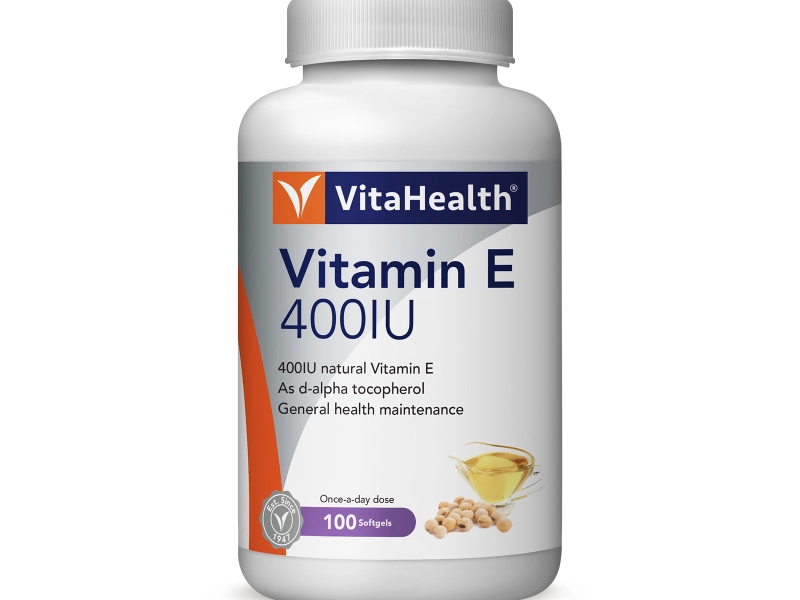 8. Vitamin E and Hepatitis Studies have indicated that those with particular liver illnesses, including NAFLD and hepatitis, could find therapeutic benefits from vitamin E. Clinical trials indicate that vitamin E supplements might lower liver fat in NAFLD sufferers and enhance liver function tests. Before beginning any supplements, though, especially for people with current liver problems, it is advisable to see a medical practitioner.
9. Possible hazards of too high vitamin E levels Although vitamin E is vital for health, too much of it can have negative effects, including more bleeding risk and possible interactions with other drugs. Getting vitamin E mostly from food sources is vital; hence, one should be careful with pills. Those who are thinking about using vitamin E supplements should see a doctor to ascertain the proper amount and make sure it fits their particular health requirements.
10. Review of Vitamin E's Function in Liver Health Through its antioxidant qualities, anti-inflammatory action, support of fat metabolism and detoxification, vitamin E is essential for maintaining liver function. Vitamin E preserves best liver performance by shielding hepatic cells from oxidative damage and lowering inflammation. Including foods high in vitamin E in your diet will help your liver function generally. Knowing the value of this vitamin will enable people to choose their diets carefully so as to support their liver and general condition.
8. Vitamin E and Hepatitis Studies have indicated that those with particular liver illnesses, including NAFLD and hepatitis, could find therapeutic benefits from vitamin E. Clinical trials indicate that vitamin E supplements might lower liver fat in NAFLD sufferers and enhance liver function tests. Before beginning any supplements, though, especially for people with current liver problems, it is advisable to see a medical practitioner.
9. Possible hazards of too high vitamin E levels Although vitamin E is vital for health, too much of it can have negative effects, including more bleeding risk and possible interactions with other drugs. Getting vitamin E mostly from food sources is vital; hence, one should be careful with pills. Those who are thinking about using vitamin E supplements should see a doctor to ascertain the proper amount and make sure it fits their particular health requirements.
10. Review of Vitamin E's Function in Liver Health Through its antioxidant qualities, anti-inflammatory action, support of fat metabolism and detoxification, vitamin E is essential for maintaining liver function. Vitamin E preserves best liver performance by shielding hepatic cells from oxidative damage and lowering inflammation. Including foods high in vitamin E in your diet will help your liver function generally. Knowing the value of this vitamin will enable people to choose their diets carefully so as to support their liver and general condition.


